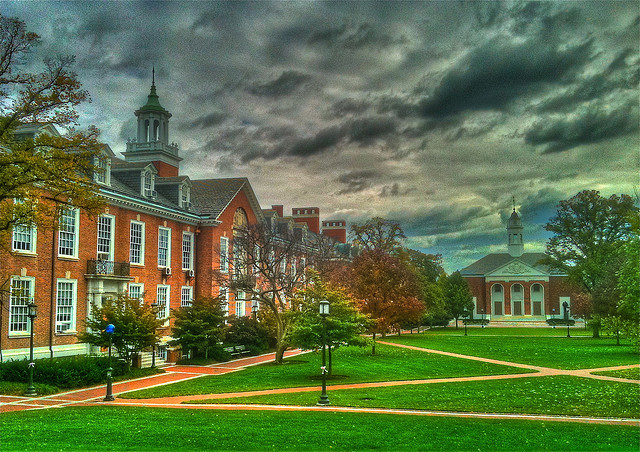 BethAnn McLaughlin is assistant professor of neurology and pharmacology at Vanderbilt. Her lab works on “understanding the mechanisms which contribute to cell vulnerability to acute and chronic insults.” She is also the founder of the not-for-profit #MeTooSTEM and the reason that Rate My Professor no longer has a chili pepper rating. In November 2018 Dr. McLaughlin was a winner of the $250,000 Disobedience Award from the MIT Media Lab in Cambridge for “ethical, nonviolent” civil disobedience.
BethAnn McLaughlin is assistant professor of neurology and pharmacology at Vanderbilt. Her lab works on “understanding the mechanisms which contribute to cell vulnerability to acute and chronic insults.” She is also the founder of the not-for-profit #MeTooSTEM and the reason that Rate My Professor no longer has a chili pepper rating. In November 2018 Dr. McLaughlin was a winner of the $250,000 Disobedience Award from the MIT Media Lab in Cambridge for “ethical, nonviolent” civil disobedience.
Although initially her tenure review committee voted in unanimous support, now her job is in trouble, as Inside Higher Ed reports here (Feb 22, 2019) and Science reports here (Feb 12, 2019).
Obviously, none of us knows the full details of any tenure review, dinner parties gone wrong, politics misread. But here are a few things we do know:
- Men who are found guilty of sexual harassment do not tend to lose their jobs.
- Women who are blunt, sound cranky, or use profanity (gasp!) violate gender norms.
- We would do well to consider the view of Sharona E. Gordon, professor of physiology and biophysics at U-Washington and the author of a petition supporting Dr. McLaughlin (qtd in Inside Higher Ed): “If the most public face of MeTooSTEM can be fired for her support of targets of sexual harassment, none of us is safe.”
- No matter what happens at Vanderbilt, it is incumbent on all of us–faculty and administration–to work towards an academic culture in which everyone can do their best work. We’re not there yet, and it won’t happen by itself.


